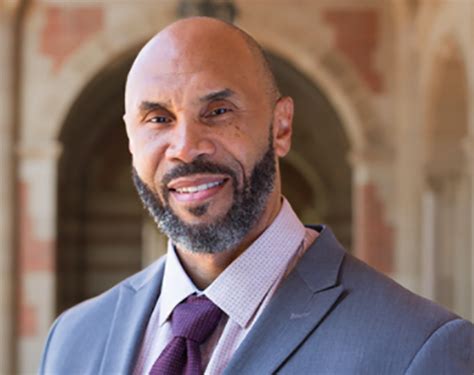A Quote by Kevin Systrom
Imagine the power of surfacing what's happening in the world through images, and potentially other types of media in the future, to each and every person who holds a mobile phone.
Related Quotes
If you believe that the mobile phone is the next supercomputer, which I do, you can imagine a datacenter that is modeled after, literally, hundreds or thousands or millions of mobile phones. They won't have screens on them, but there'll be millions of lightweight mobile-phone processors in the datacenter.
Time is of the essence, particularly if we're sending images out on social media. The reality is that the majority of images are only viewed for a few seconds, often on a phone or computer. There are so many images freely available that it takes a lot of will power to concentrate and prolong the gaze on one picture at the expense of the thousands of others waiting to be viewed!
Spouses have each other, and even when one eventually dies, they have memories of a time when they existed before that other person and can more readily imagine a life without them. Likewise, parents may have other children to be concerned with--a future to protect for them. To lose a sibling is to lose the one person with whom one shares a lifelong bond that is meant to continue on into the future.
When we look at some of the greatest creative ideas we've come up with, they have originated literally from all corners of the world and have crossed all different types of media as well. So while there's still traditional TV, which is clearly a very compelling media, it's also cyber, mobile, outdoor.
Imagine, if you will, you're sitting at my desk in Hawaii. You have access to the entire world, as far as you can see it. Last several days, content of internet communications. Every email that's sent. Every website that's visited by every individual. Every text message that somebody sends on their phone. Every phone call they make.
Pandemic-proof means the mobile phone has to be used and it has to be used in such a positive way that your next invention has to say, 'You know what, I am going to get another 30-40-50 million users that are out there onto my product through my mobile phone and that's going to help me sell what I do.'
Now imagine a world in which everyone, but especially people with power and influence, holds an expanded view of our place in the cosmos. With that perspective, our problems would shrink-or never arise at all-and we could celebrate our earthly differences while shunning the behavior of our predecessors who slaughtered each other because of them.
People learn a lot about what they think they know about other people from what they see in the media. If they see certain types of images reproduced over and over again for other groups that limit them to narrow types of roles and portrayals, they start to take those prejudices into their interactions with those people in real society, and that creates all kinds of discriminatory problems.
New insights fail to get put into practice because they conflict with deeply held internal images of how the world works...images that limit us to familiar ways of thinking and acting. That is why the discipline of managing mental models - surfacing, testing, and improving our internal pictures of how the world works - promises to be a major breakthrough for learning organizations.


































